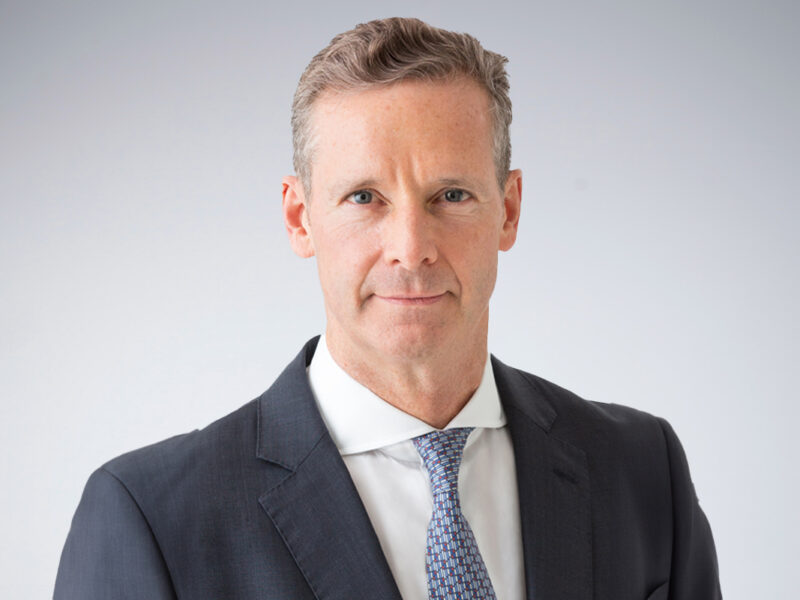The metaverse could still be called a futuristic sector in the making but is already dogged by the age-old gender debate, with powerful female voices questioning the emerging view that ‘men dominate jobs shaping’ in the sector.
The debate is particularly expected to hot up in the Middle East, which is set to see emergence of sizeable female leaders in the sector in the coming months and years with strong government support, amid a recent study by the Dubai-based luxury retailer giant Chalhoub Group projecting the metaverse industry in the Middle East becoming a whopping $13trillion by 2030.
The luxury segment is projected to be the main driver of this massive growth within the GCC region.
“While the Metaverse concept allows for a platform where gender neutrality can be applied through avatars, we need to be conscious that this ‘new world’ is a mirror of identities and personalities that are already within us and not a new simulation or second life,” Sandra Helou, co-founder and chief commercial officer at Metapolis, claims to be the world’s first Metaverse-as-a-Service (MaaS) company, told Arabian Business.

“If we want to build a safe, secure, equal and inclusive metaverse, it starts with us and it starts here in the physical world,” said the top executive of Metapolis, which is currently engaged in helping companies across sectors in the Middle East to enter into the fast emerging virtual sector.
A report by McKinsey & Co. last month said while women were spending more time in the early iterations of the metaverse, they “are still locked out of leadership roles” that are key to creating and setting standards in the metaverse.
The report said men still hold 90 percent of executive positions at organizations shaping this.
That is similar to the roughly nine percent of Fortune 500 companies which are women led, according to the McKinsey survey.
Other women top executives Arabian Business spoke to also said it is a collaborative effort between men and women that is helping the metaverse sector to grow fast, especially in the Middle East.
“The metaverse sector has seen the rise of both males and females in the forefront of activities, shaping a brand new sector to generate new business and revenue models,” said a woman CEO in the f&b sector which is currently making plans to foray into this sector.
Helou said the web3 space is driving a new ‘creator economy’ in which creators are at the center and forefront of engagement – irrespective of their genders.
“It’s similar to how we saw the rise of the micro and macro influencers across social media platforms,” she said.
Women leaders said at its core, the metaverse is built on diversity, equity and inclusion.
Helou said while there is a long list of women whose work is worth noting within the space across various industries, to paint a picture one should look at projects like ‘Mission Impact’, a global education platform for women in emerging technologies and the recently published book ‘Women of the future’ by Global Village Publishing which showcases and celebrates the top female change-makers in Web3 and the metaverse.
“There are also several NFT projects which dominated the PFP (profile picture) movement with support for women and empowerment,” she said.
Helou, however, said the gender debate would not hinder the growth or growing popularity of the metaverse.
“It is impossible for one gender to ‘own’ the metaverse. The metaverse in itself will be a joint effort across education, awareness, onboarding, deployment, innovation, design and development,” she said.
“The popularity will continue to grow because of the technology that the metaverse brings and the level of engagement and interaction it allows,” Helou said.
She also pointed out that women participation in the tech industry in the Middle East is already on the rise, with the strong backing of government initiatives.
“For the UAE, this has been helped by the government’s ambitions to achieve gender parity at institutional and legislative levels. When we look at Saudi Arabia, women participation in ICT has grown from 7 to 28 percent over the last five years, surpassing EU and G20 averages of 17.5 percent, she said, citing a Endeavor Insight Report.









